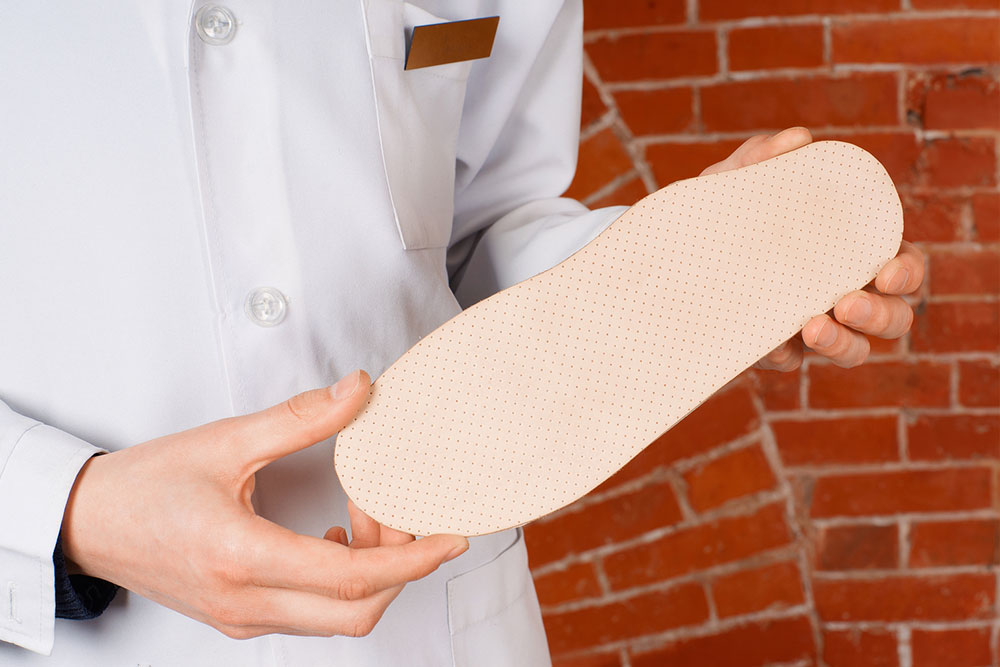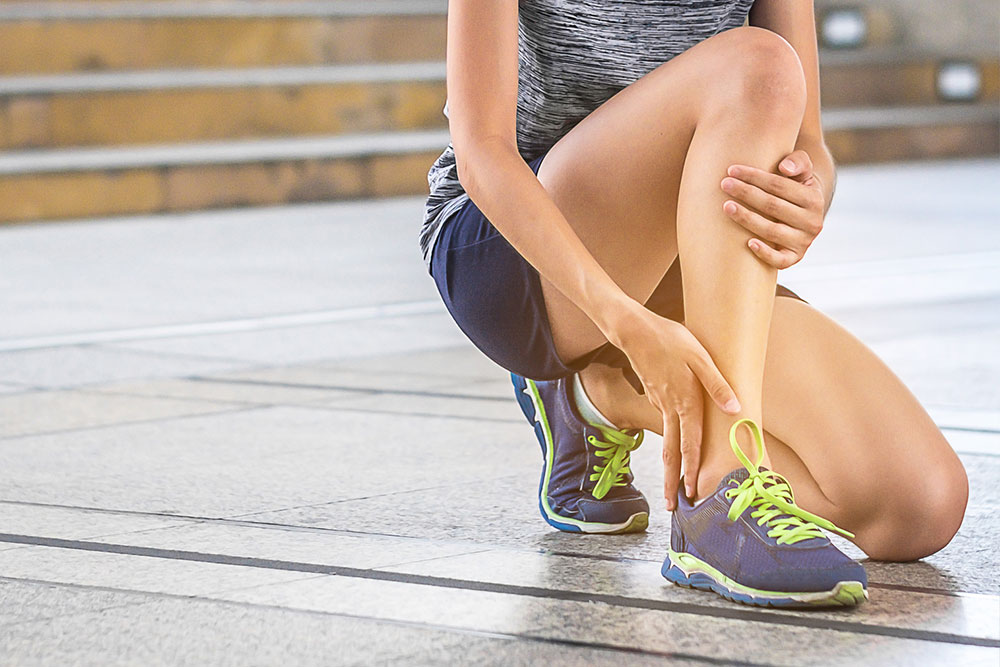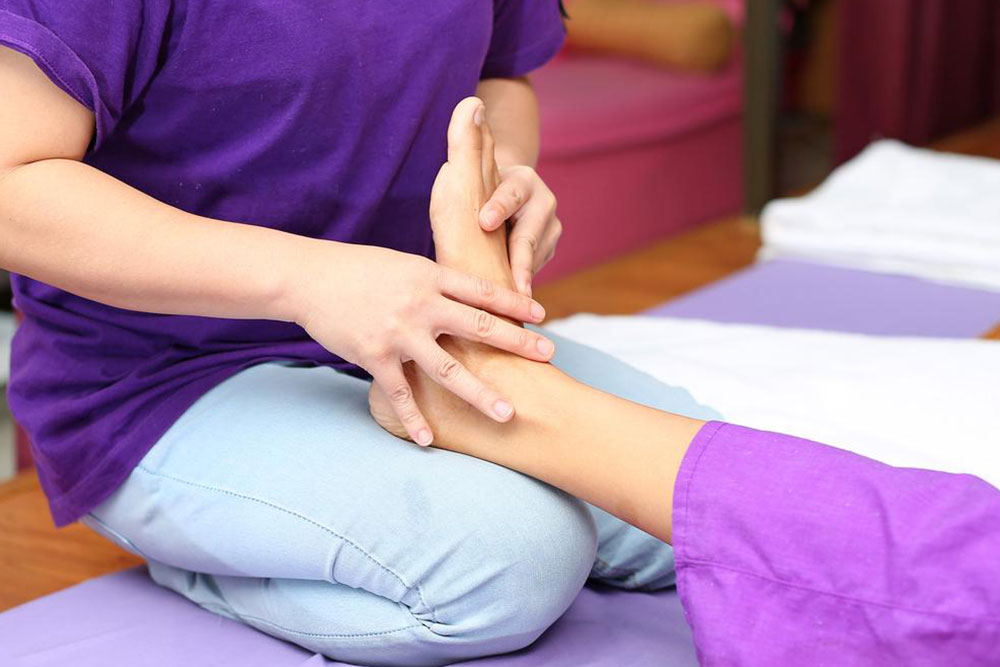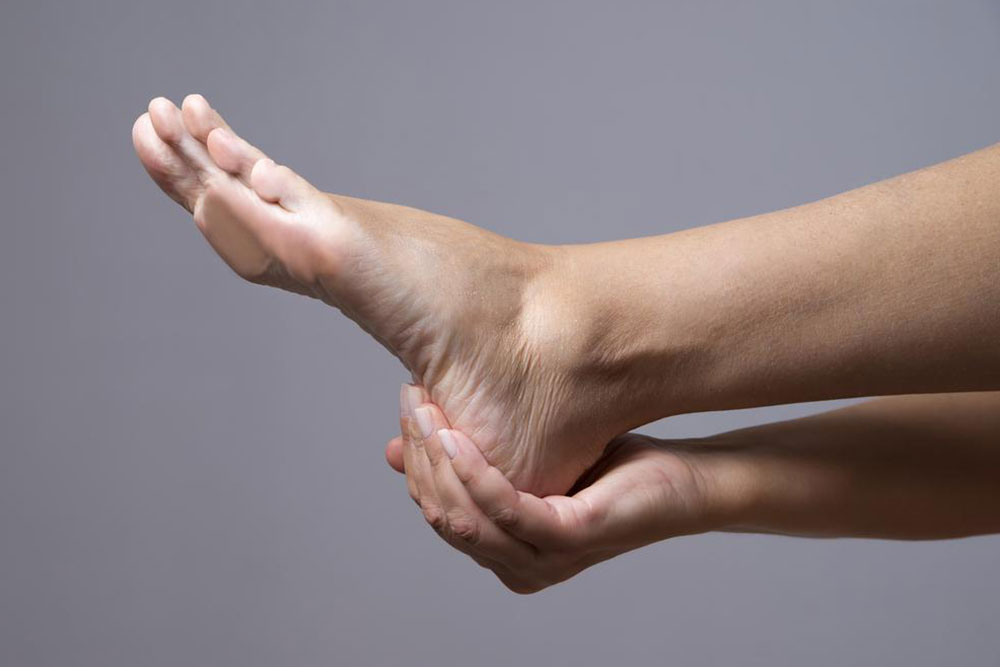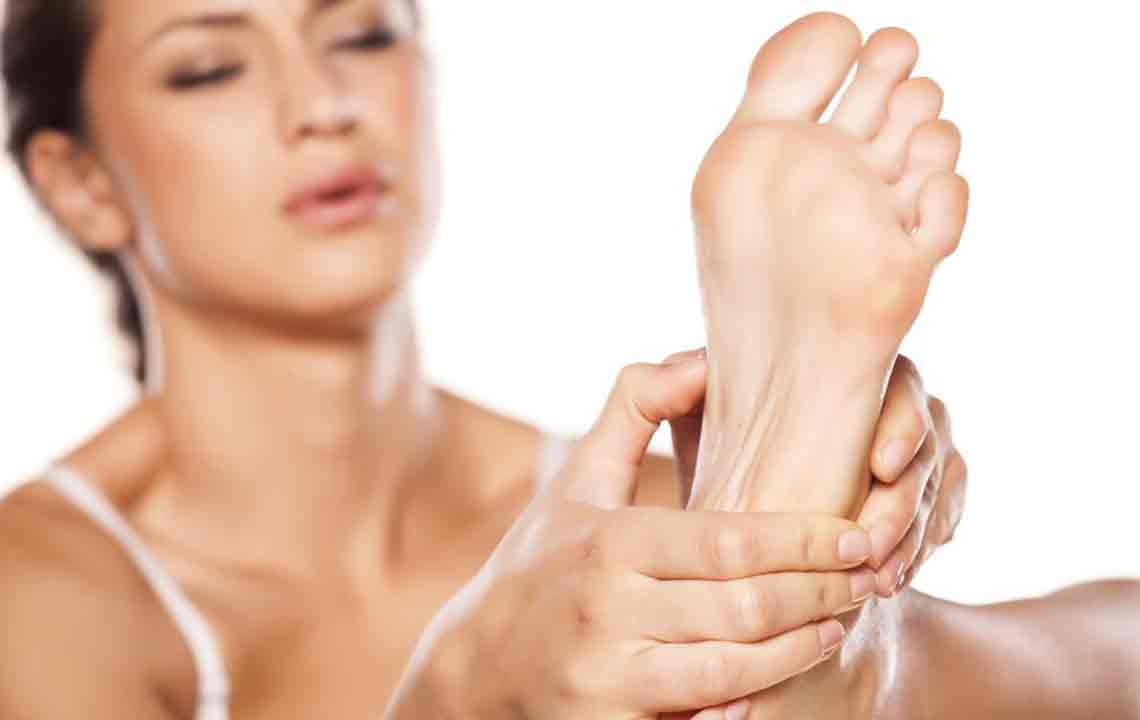Treat plantar fasciitis through orthotics
Plantar fasciitis is one of the most common causes of heel pain. The plantar fascia is a name given to the tissues that connect your heel bone to your toes. It effectively supports the arch of your foot. Straining your plantar fascia can make them weak, swollen and irritated. As a result, pain shoots up whenever you walk or stand. It is more common in middle-aged persons and can affect both the genders equally.
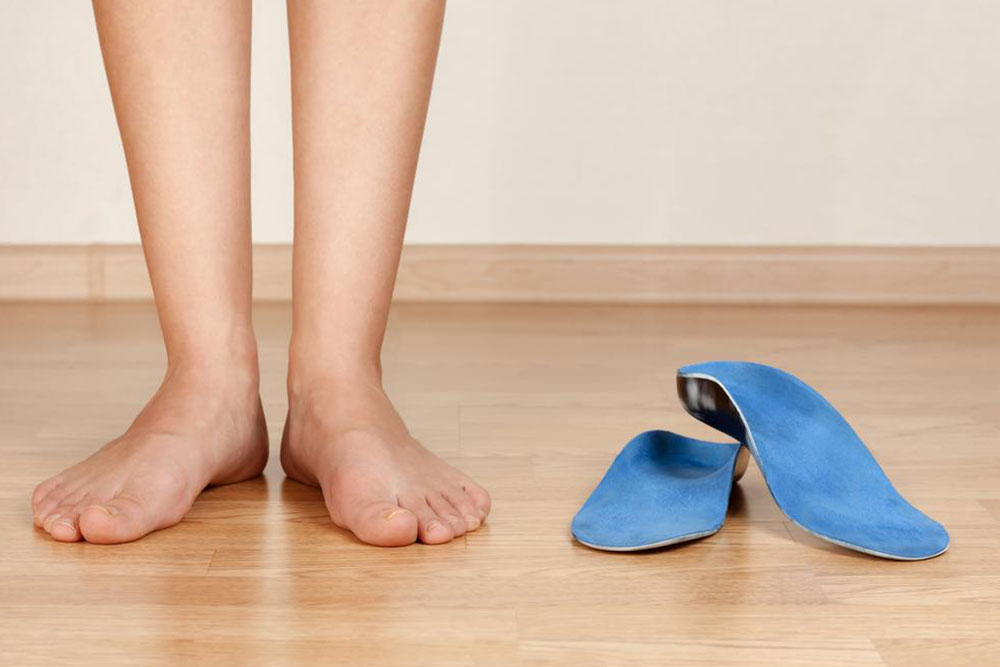
Causes and symptoms
Plantar fasciitis is caused by the usual straining of wear and tear. These strains can leave small blocks of tears in the ligament. When the body uses pressure to walk or stand, these can send up pain through the nerves. The swelling is also more likely to happen if you are overweight, wear shoes that do not fit you, and if you walk or jog for long periods of time. The symptom includes pain from your lower heels, which can gradually shoot up to your soles. In most cases, you can experience trouble keeping your pace and you might have difficulty in walking up the stairs or running.
Orthotics
The best treatment for such conditions is to give your foot a lot of rest and by wearing the correct types of shoes as per your heels. Choose an orthotics that is best for you. An orthotic sole is a molded piece of rubber or plastic or any other synthetic material that goes inside your shoes. Using them can align your feet so that you can avail maximum comfort and can prevent your ligaments from the usual wear and tear.
There are wide ranges of orthotic shoes available for various foot problems. Make sure that you consult your doctor for the best shoes for plantar fasciitis. Usually, you might have to wear these shoes for a certain period and it depends on the nature and the gravity of your problem. In most of the cases, you might be getting immediate relief from the pain. In case you do not get the required relief, do consult with your physician immediately. Along with the shoes, some medications and therapies might be prescribed. The therapies may include stretching exercise for your soles, ice therapy or massages. Do follow them religiously for better comfort. You might also have to wear these shoes for some extended period even after the condition heals in some cases. Speak with your doctor for the best advice.
